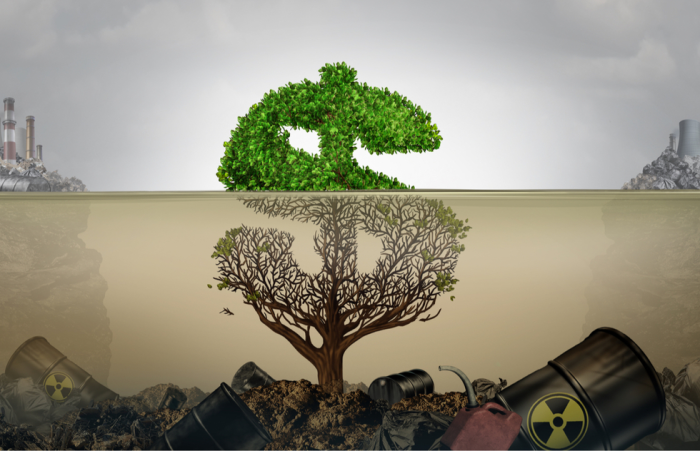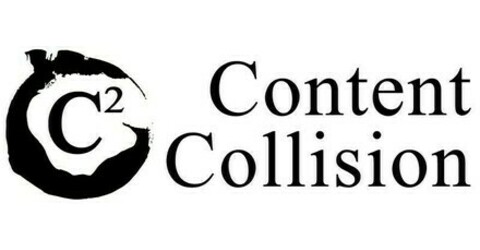Green truths: how Asia can learn from the EU's greenwashing ban
Exploring how Asia can benefit from the EU's recent crackdown on greenwashing in marketing.

The European Union (EU) has taken a significant step against greenwashing. The term "greenwashing" refers to making unsubstantiated or misleading claims about the environmental benefits of a product, service, or brand.
This practice has been prevalent across various industries, often leaving consumers confused and mistrustful. In an attempt to discourage greenwashing, the EU has introduced a new law that prohibits general environmental claims like "environmentally friendly" or "eco" without concrete proof.
This directive aims to protect consumers from deceptive marketing practices and foster more informed purchasing decisions. It's a move that not only demands more transparency but also encourages companies to be more responsible in their environmental claims.
Greenwashing in Asia
In contrast to the EU, Asia presents a mixed picture. Despite mandatory sustainability reporting in countries like China, India, and Japan, there's a gap between disclosure and actual environmental action.
This discrepancy is partly attributed to less stringent regulations, low consumer awareness, and cultural attitudes towards corporate trustworthiness. However, recent developments in places like South Korea, Hong Kong, and Australia, where stricter advertising codes and fines have been implemented, signal a changing landscape.
Asia stands to benefit significantly by adopting a similar stance to the EU's greenwashing ban. Not only would this enhance consumer trust, but it would also encourage brands to align their marketing strategies with genuine environmental initiatives. This shift could foster a more transparent, accountable, and ultimately, sustainable marketing ecosystem.
Discerning greenwashing
Identifying greenwashing requires a discerning eye, especially in a landscape where misleading environmental claims are increasingly prevalent. The key lies in spotting the subtleties, as highlighted by Qiyun Woo, a sustainability expert.
A significant clue is vagueness: according to a 2023 study by the Competition and Consumer Commission of Singapore, over half of online environmental claims were found to be unclear, lacking specific details or evidence to support them. Additionally, technical jargon that seems complex or difficult to understand can be a tactic to obscure the truth, making it challenging for consumers to verify the authenticity of the claims.
By being aware of these red flags and seeking out well-substantiated, clear, and understandable information, consumers can become more adept at navigating the green marketing landscape and making more informed choices.
Embracing authenticity: a greener marketing ethos
As we explore the impact of the EU's significant steps against greenwashing, it's inspiring to look at companies that are already embodying these ethical practices. Companies like Ikea, Lush Cosmetics, Unilever, Google and Patagonia have successfully offered a blueprint for other businesses aiming to align their marketing strategies with genuine environmental initiatives.
This change is not just about compliance; it's an opportunity for marketers to reassess their ethics and brand positioning. Consumers increasingly demand authenticity and honesty. Brands that strive for transparency, even if they haven't fully achieved their environmental goals, are likely to be viewed more favorably. In the age of cancel culture, the risk of greenwashing far outweighs its benefits.
The EU's ban on greenwashing could herald a new era of marketing, where honesty and authenticity become the cornerstones of brand communication. For Asia, this represents an opportunity to redefine its marketing landscape, benefiting both consumers and the environment. The martech industry, at the forefront of this change, has the potential to lead by example, demonstrating that ethical marketing is not just good practice but also good business.
Content Collision provides performance-based digital PR services and B2B content marketing services for tech startups in APAC and beyond. Book a discover call to learn more.



